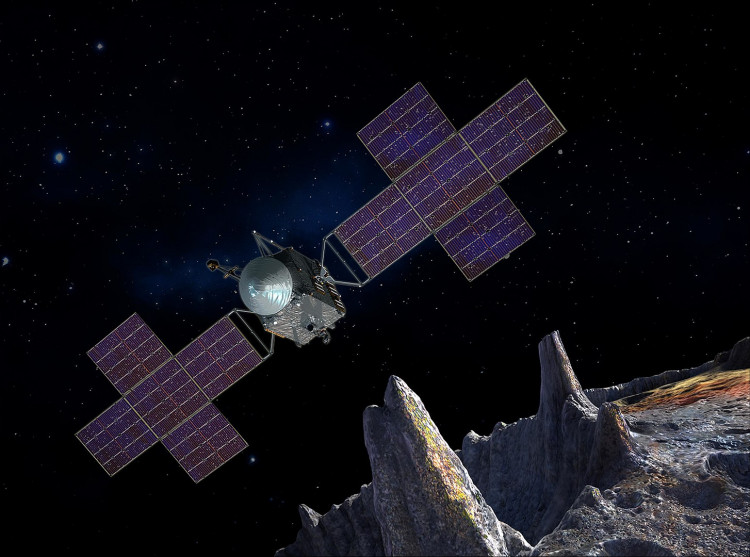NASA does not have enough time to do the necessary testing prior to the remainder of the Psyche mission launch window this year, which ends on Oct. 11. This is a result of the delayed delivery of the spacecraft's flight software and testing apparatus. The mission crew requires more time to ensure that the software will function properly in flight.
Psyche was chosen by NASA in 2017 as a component of the Discovery Program, a series of competitive, low-cost missions headed by a single principal investigator. To analyze the future of the project and the Discovery Program, the agency is assembling an impartial assessment committee.
The impartial assessment team, which is often composed of authorities from government, academia, and business, will examine potential courses of action, including approximate costs. The Discovery Program and the agency's planetary science portfolio will also be affected.
The spacecraft's guidance, navigation, and flight software are used to point the antenna toward Earth so it may send and receive data as well as orders. As the spaceship moves through space, its orientation will be managed. Additionally, it provides trajectory data to the spacecraft's solar electric propulsion system, which begins operational 70 days after launch.
As the mission team at NASA's Jet Propulsion Laboratory in Southern California began to test the system, a compatibility issue with the software's testbed simulations was discovered. NASA changed the mission's scheduled launch date from August 1 to no earlier than September 20 in May to account for the necessary work. Although the testbeds' issue has been identified and resolved, there is not enough time to complete a comprehensive analysis of the program in time for a launch this year.
To fly to a distant, metal-rich asteroid while using Mars as a gravitational aid requires extreme precision.
It must be done correctly. Hundreds of people have worked really hard on Psyche during this period, and Laurie Leshin, director of JPL, said that the effort will continue as the complex flight software is thoroughly tested and assessed. Delaying the launch was the appropriate decision, despite the fact that it wasn't simple.
The spacecraft would have reached the asteroid Psyche in 2026 if it had been launched during the mission's 2022 launch window, which was from August 1 to October 11. The spacecraft would not arrive near the asteroid until 2029 or 2030, respectively, despite possible launch windows in 2023 and 2024. This is because of the relative orbital locations of Psyche and Earth. Dates for each of these probable launch seasons have not yet been established.






